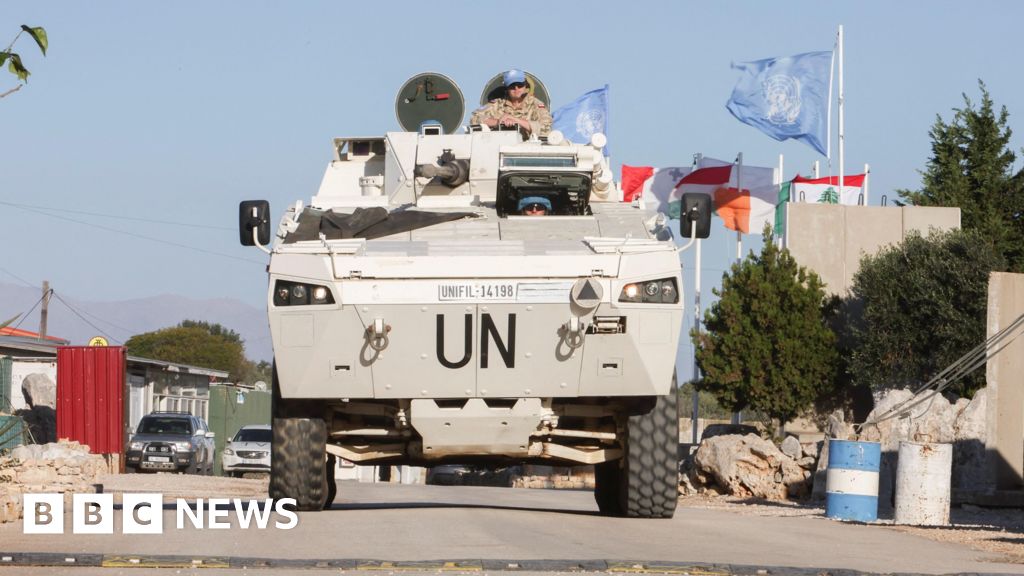The BBC (British Broadcasting Corporation) responded to a defamation claim by Gerry Adams in Dublin despite having no formal legal presence in the Republic of Ireland (ROI) due to a combination of legal, strategic, and jurisdictional factors. Here's a breakdown of the reasoning:
1. Jurisdiction Over Cross-Border Publications
Even though the BBC is a UK-based entity, its broadcasts and online content are accessible in the Republic of Ireland. Under Irish defamation law, this means that if allegedly defamatory material is published or accessed in Ireland, Irish courts can claim jurisdiction.
- For example, online articles or news reports published by the BBC and accessible in Ireland could be considered as published within Ireland.
- If a person alleges that their reputation has been harmed within Ireland due to such publications, they can sue in Irish courts.
2. Legal Strategy to Avoid Default Judgment
If the BBC had
not responded to the lawsuit in Dublin, the court could have issued a
default judgment against them. This would mean the BBC automatically loses the case, potentially resulting in damages, injunctions, and legal costs.
By responding, the BBC:
- Protects its ability to contest the claim on its merits.
- Maintains the option to challenge jurisdiction, if desired.
- Can negotiate a settlement or defend the case in a controlled legal process.
3. International Comity and Media Law Practice
Major international media organizations, like the BBC, often
engage with foreign legal systems when sued abroad to maintain their global credibility and to ensure they are not seen as avoiding responsibility.
- Ignoring a lawsuit in a country where your content is widely consumed could damage reputation and public trust.
- It could also have consequences for future cross-border media work or collaborations.
4. Precedent and Practical Considerations
This isn’t the first time a media outlet has faced legal action in a jurisdiction where it lacks formal presence. In such cases,
practical exposure (e.g., viewership or readership) often creates enough of a connection for legal action to proceed.
Summary
The BBC responded to Gerry Adams' defamation claim in Dublin because:
- Irish courts had jurisdiction due to the content being accessible in Ireland.
- Failing to respond could result in a default judgment.
- Engaging legally protects the BBC’s rights and reputation.
- It’s a standard practice in international media law to contest such claims where audiences exist.
If you’re looking for the exact legal filings or court responses, I can look up recent developments or judgments using live web tools.
